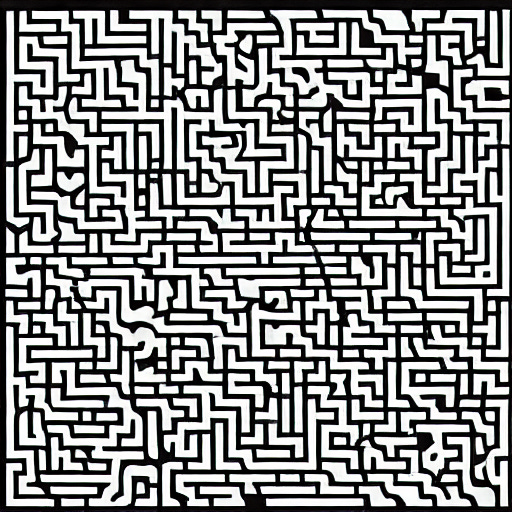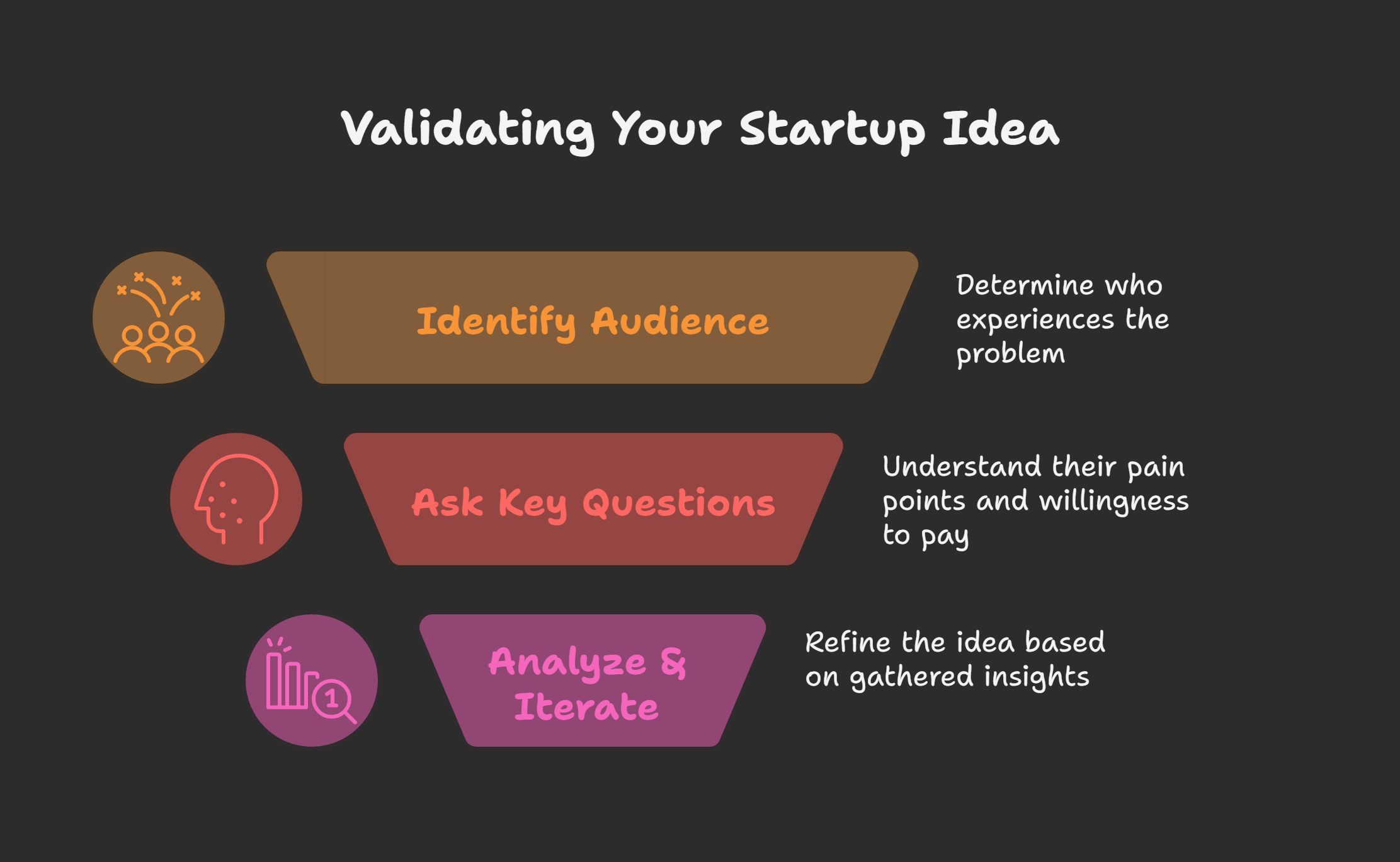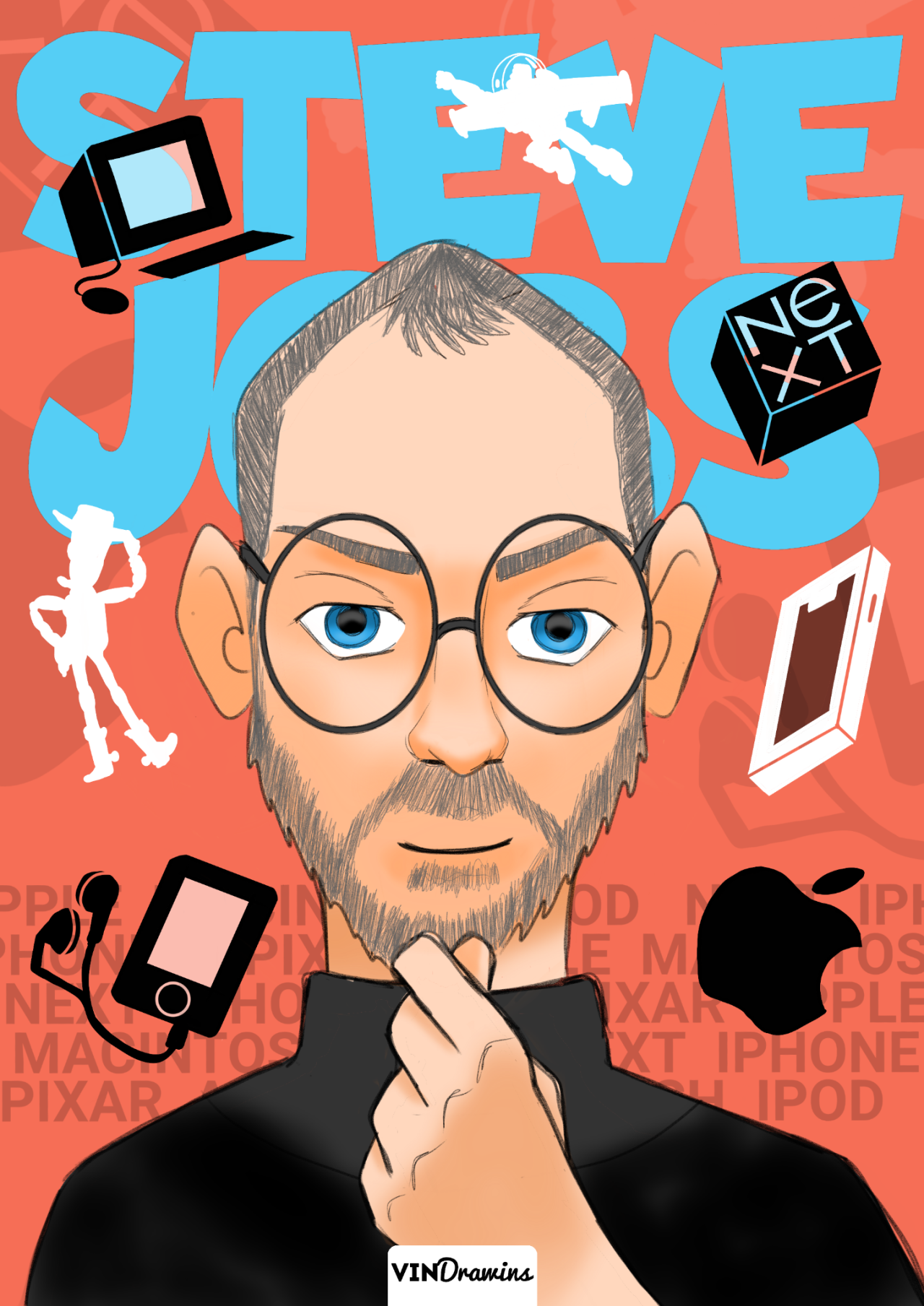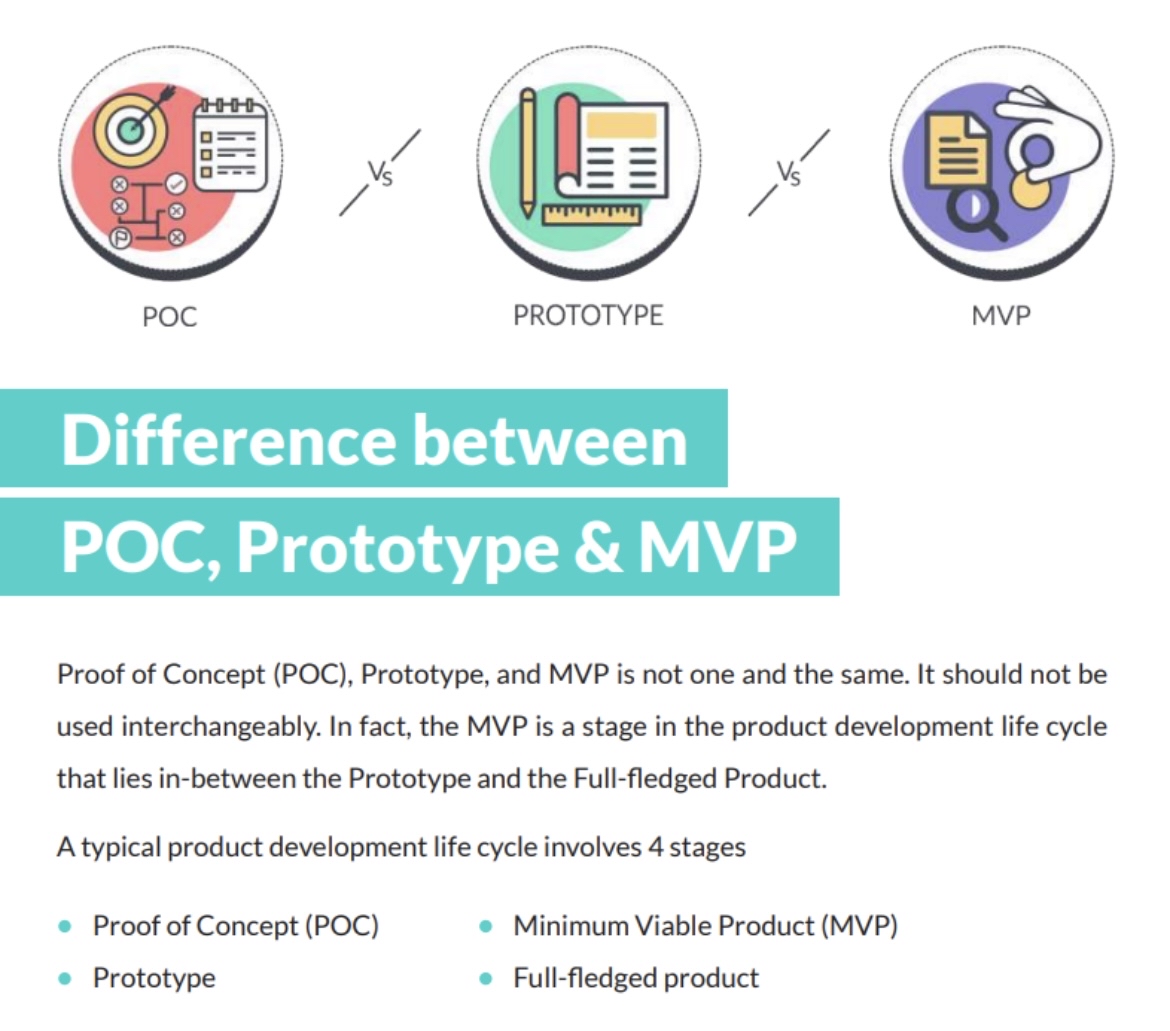Back
SamCtrlPlusAltMan
•
OpenAI • 11m
The Idea Maze: A Founder's Framework for Startup Success Marc Andreessen's assessment of Balaji Srinivasan is striking: "Balaji has the highest good idea output rate of anyone I know." With multiple $100M+ companies sold, experience as Coinbase CTO, and a Stanford PhD, Balaji's most valuable contribution for founders is the Idea Maze framework, a method to test startup viability before launching. The Critical Difference While average founders visualize only success paths, exceptional founders map the entire maze: - All possible routes - Dead ends - Hidden pitfalls - Past failures This comprehensive perspective creates substantial competitive advantage. Navigating the Idea Maze: 5 Essential Components 1. Market History (Learning from the Past) Airbnb's $100B success came after studying why previous peer-to-peer rental startups failed: - Trust issues - Poor user experience - Weak verification systems Contrast in Approach: - Weak founders: Jump into trending spaces (AI/Web3) without historical context - Strong founders: Study market history before entry 2. Market Dynamics (Understanding the Players) Comprehensive market research is non-negotiable. Without knowing: - Major competitors - Existing gaps - Hidden opportunities You're operating on guesswork rather than strategy. Effective Market Research Methods: - News/research papers/case studies analysis - Market size estimation - Landing page testing - Small paid ad campaigns for demand validation Great founders identify gaps rather than chasing trends. 3. Dead End Paths (Learning from Failures) With a 90% startup failure rate (most never reaching customers), critical questions include: - Why did competitors fail? - What specific mistakes occurred? - What critical elements were missing? When multiple startups fail at the same point, the path itself may be fundamentally flawed. 4. Obstacle Pits (Anticipating Challenges) Every startup journey contains two types of obstacles: - Temporary pits (slow adoption, market education) - Permanent walls (legal/regulatory barriers) Superior founders identify these obstacles proactively rather than encountering them unprepared. 5. Tech Shifts (Anticipating Change) Technological shifts create massive market opportunities: - iPhone → $100B app ecosystem - Cloud computing → AWS enterprise dominance - AI → Current business operation transformation Without accounting for technological trends, your market map becomes obsolete before launch. The Complete Map Your finished Idea Maze should answer: - Why previous companies failed - Why current competitors struggle - What future shifts will reshape the market When your path avoids dead ends, navigates around obstacles, and leverages technological shifts, you're positioned not just to launch a company, but to discover the path to extraordinary success.

Replies (7)
More like this
Recommendations from Medial
Basavaraj k Chikki
Entrepreneur, roboti... • 11m
Starting a startup? Don’t build blind—validate first! 90% of startups fail because founders skip this step, assuming their idea is gold. The truth? Your customers hold the key to success. Before you code or design, map out their needs. This simple 3-
See More
Vivek Joshi
Director & CEO @ Exc... • 5m
Data-driven snapshot: in 90 seconds we map the major shifts reshaping VC investing—new geographic hotspots, hot domains, changing business stages, and evolving ticket sizes—plus the key reasons driving these moves (macro trends, AI, regulatory shifts
See Moreproject sankalan
advertise on India m... • 1y
CRED CEO Kunal Shah recently took to X (formerly Twitter) to share why startup founders face difficulties raising venture capital. He noted many overlook assessing their product's market size and suggested using an AI tool to analyze market data. Sha
See More
Vivek Joshi
Director & CEO @ Exc... • 7m
In today’s fast-paced market, environmental scanning is not just crucial for survival—it's the key to unlocking hidden opportunities for startups. In this video, we delve into the PESTLE framework—Political, Economic, Social, Technological, Legal, an
See MoreDownload the medial app to read full posts, comements and news.




















/entrackr/media/post_attachments/wp-content/uploads/2021/08/Accel-1.jpg)


















